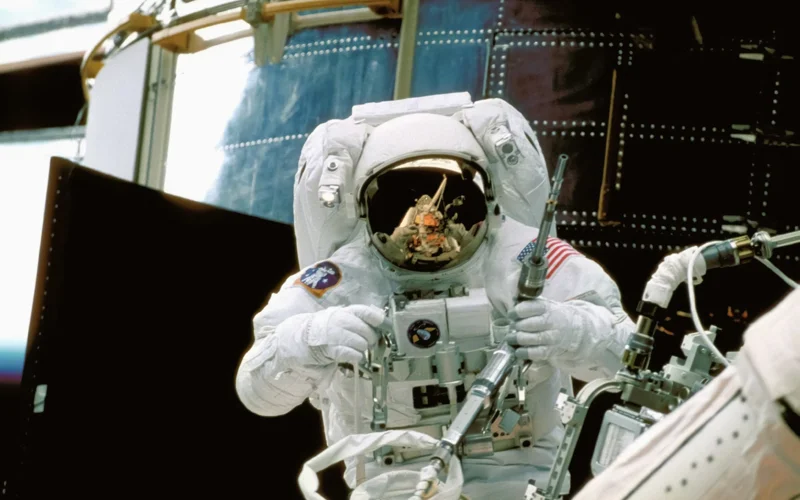Google and NASA trial AI system for diagnosing medical issues in space
Google and NASA are working on an AI-powered medical assistant to help astronauts diagnose and treat health problems during deep space missions, Kazinform News Agency correspondent reports.

The experimental tool, called the Crew Medical Officer Digital Assistant (CMO-DA), is made to support astronaut health during missions like the Artemis campaign to the Moon and future trips to Mars. By reducing the need for Earth-based medical help, the system aims to make long space missions safer and more sustainable.
What sets CMO-DA apart is its multimodal approach. Astronauts can describe symptoms verbally, upload images, or type them. The tool is also described as being able to adapt to different communication preferences and medical needs, even in microgravity.
“The CMO-DA tool could help astronauts autonomously diagnose and treat symptoms when crews are not in direct contact with Earth-based medical experts. Trained on spaceflight literature, the AI system uses cutting-edge natural language processing and machine learning techniques to safely provide real-time analyses of crew health and performance. The tool is designed to support a designated crew medical officer or flight surgeon in maintaining crew health and making medical decisions driven by data and predictive analytics,” Google wrote in its blog post.
In first tests, the system was used to diagnose issues like ankle injuries, flank pain, and ear pain. It reached diagnostic accuracy rates between 74% and 88%. These results are helping the two organizations work with medical professionals to improve the tool for future space missions.
“Early results showed promise for reliable diagnoses based on reported symptoms. Google and NASA are now collaborating with medical doctors to test and refine the model, aiming to enhance autonomous crew health and performance during future space exploration missions,” Google wrote.
The blog post concluded that the CMO-DA is not only a tool for space exploration but also a milestone in AI-assisted medical care, with possible benefits for astronauts on deep space missions and people in remote places on Earth.
Earlier, Kazinform reported that a biotech company is developing a microgravity-based system on the International Space Station to predict the most effective drugs for a patient’s tumor.
